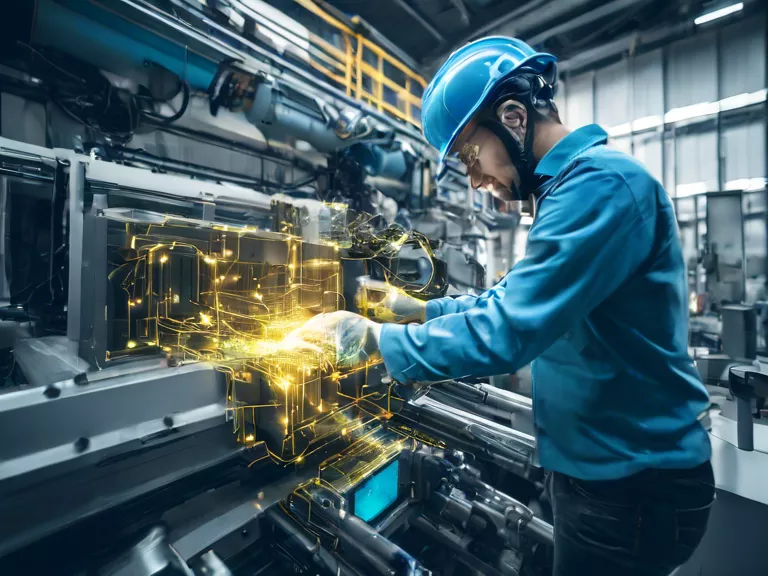
Energy Optimization: How AI Is Reducing Waste in Manufacturing and Industry
In today's fast-paced world, optimizing energy usage is crucial for companies looking to reduce costs and minimize their environmental footprint. One of the most effective ways to achieve this goal is by incorporating artificial intelligence (AI) technologies into manufacturing and industrial processes. AI has the capability to analyze vast amounts of data in real time, enabling companies to identify inefficiencies and implement solutions to reduce energy waste.
AI is being used in various ways to optimize energy consumption in manufacturing and industry. One of the key applications is predictive maintenance, where AI algorithms analyze data from sensors and machinery to predict when equipment is likely to fail. By identifying potential issues before they occur, companies can schedule maintenance proactively, minimizing downtime and energy waste associated with unexpected breakdowns.
Another important role of AI in energy optimization is in process optimization. By analyzing data from various sources, such as production logs and energy consumption records, AI can recommend adjustments to production processes to minimize energy usage without compromising quality. This can lead to significant cost savings and reduced environmental impact for companies.
Furthermore, AI is also being used to optimize supply chains and logistics, helping companies reduce energy waste associated with transportation and storage. By analyzing historical data and real-time information, AI can optimize routes, schedules, and inventory levels to minimize energy consumption and reduce carbon emissions.
Overall, the integration of AI technologies in manufacturing and industry holds great promise for reducing energy waste and improving efficiency. Companies that embrace AI-driven energy optimization will not only save costs but also gain a competitive advantage in the market by demonstrating their commitment to sustainability.



